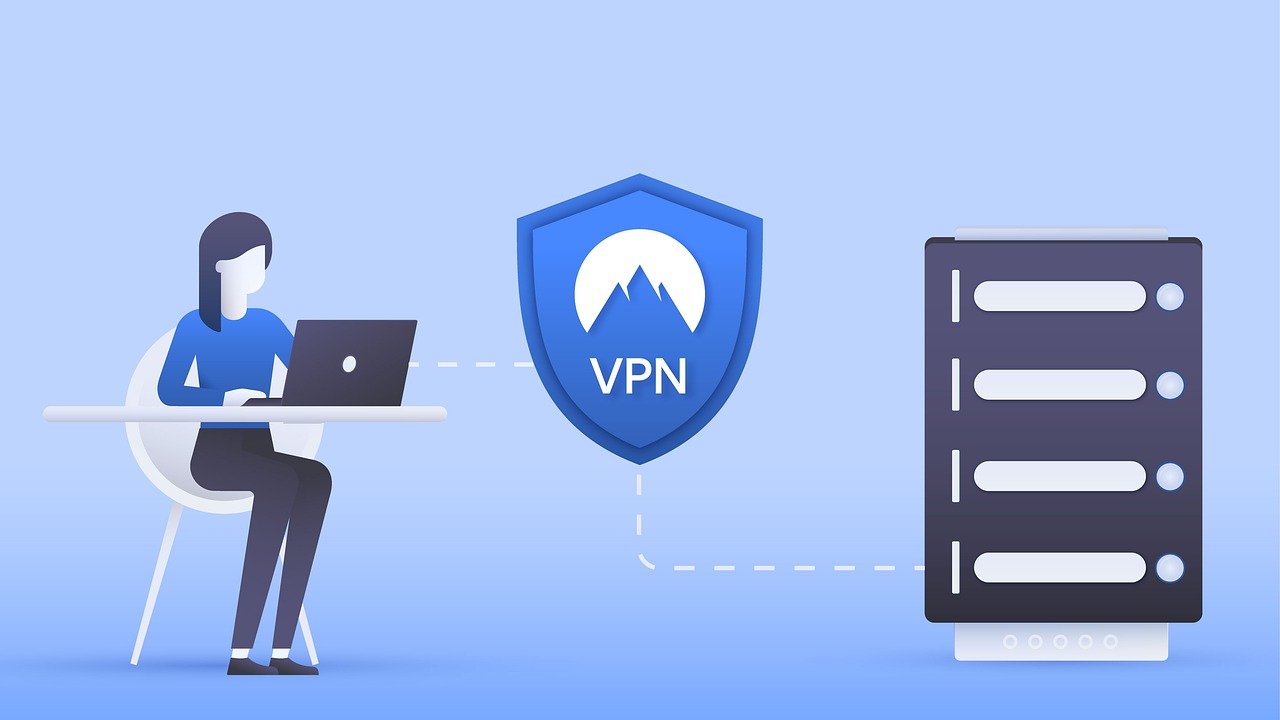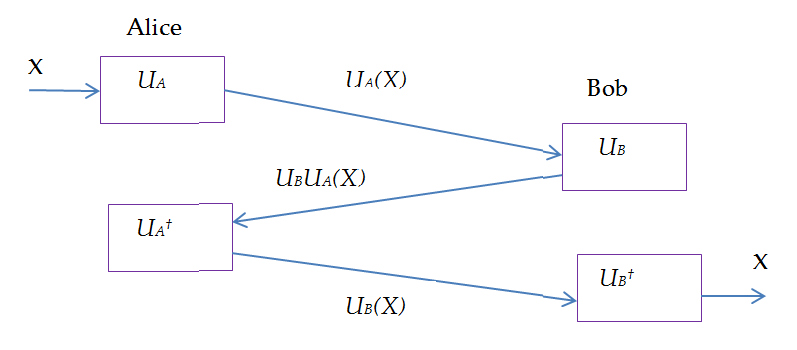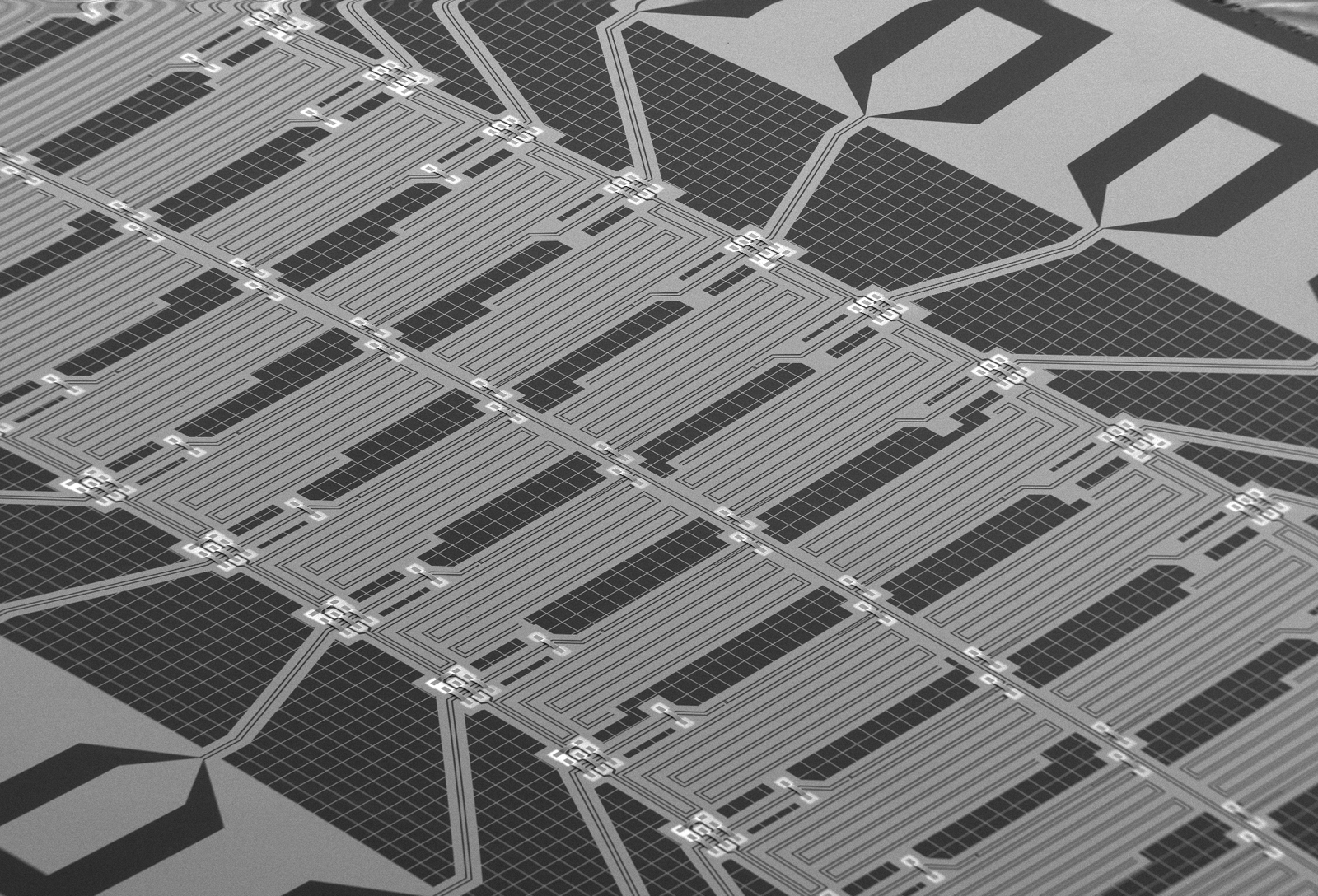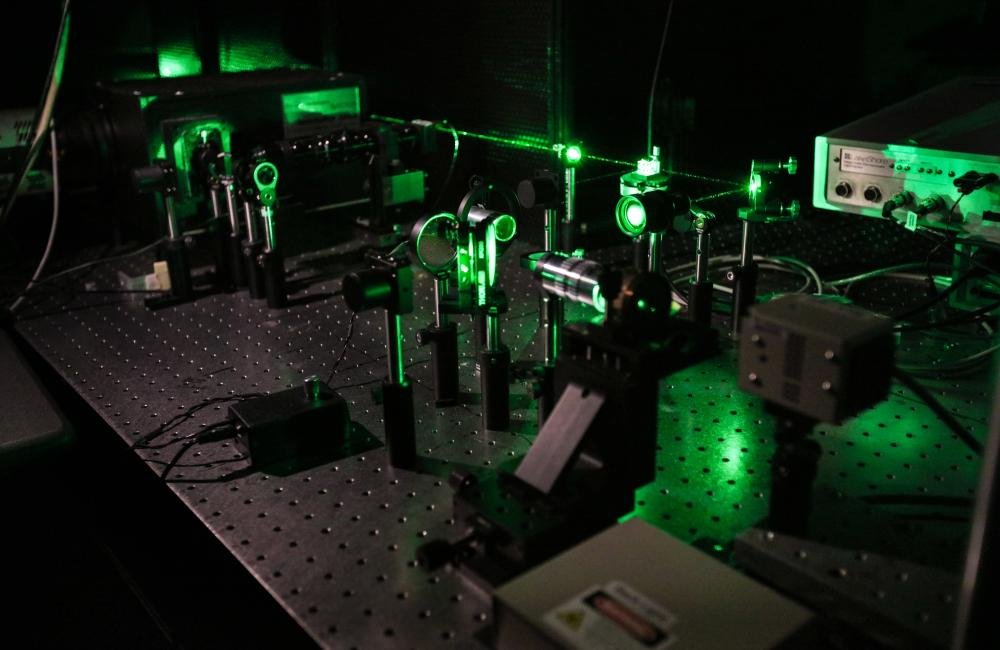Shocking Power: What Makes Quantum Computing So Different?

Imagine a computer so powerful it could crack today’s toughest security codes in minutes. That’s not science fiction—it’s the promise of quantum computing. Quantum computers don’t just work faster; they think differently. While your laptop processes one thing at a time, quantum machines juggle countless possibilities at once, thanks to those magical “qubits” that can be both 0 and 1 at the same time. This wild leap in computational power is already sending chills down the spines of cybersecurity experts. The buzz isn’t just about speed; it’s about opening doors that have been locked tight for decades.
Why Cybersecurity Is the Digital World’s Shield

Every day, we toss personal data, passwords, and bank details across the internet like confetti. Cybersecurity acts as the invisible shield catching this data, making sure hackers can’t snatch it mid-air. From online shopping to sending private emails, encryption is what keeps secrets, well, secret. If a hacker gets through, the consequences can be devastating—lost money, stolen identities, and even threats to national security. Today’s digital locks rely on mathematical puzzles so tough that even supercomputers would need centuries to solve them. But what if a new kind of computer could solve them in seconds?
Cryptography: The Heartbeat of Online Trust

Cryptography is the backbone of everything secure on the internet. Think of it as a secret code written in a language only a few can understand. RSA, ECC, and other algorithms scramble information so that only the intended recipient can read it. But quantum computing threatens to turn these secret codes into open books. With quantum algorithms like Shor’s, factoring gigantic numbers (the trick behind RSA) becomes child’s play. If quantum computers reach their potential, they could unlock everything from encrypted emails to sensitive government files in the blink of an eye.
Are Quantum Computers Already a Real Danger?
The threat isn’t just a distant storm cloud. Some experts warn that we could see practical quantum computers within a decade—maybe even sooner. This ticking clock means the window for upgrading our defenses is shrinking. Hackers are already hoarding encrypted data, betting that they’ll be able to crack it later when quantum machines become available. It’s like a thief stealing a locked safe today, knowing they’ll eventually find the key. The risk is real, and the countdown has begun.
Separating Fact from Fiction: Is the Threat Overblown?

There’s plenty of hype around quantum threats, and not all of it holds water. Today’s quantum computers are still clumsy, with lots of errors and limited power. They aren’t cracking bank vaults just yet. Some experts think we’re years—maybe decades—away from real danger. Meanwhile, researchers and companies are racing to develop new security methods that could dodge quantum attacks. The media may paint a dramatic picture, but behind the scenes, a quiet revolution in cryptography is already underway.
Building the Next Fort Knox: Quantum-Resistant Cryptography
To outsmart tomorrow’s quantum hackers, scientists are building new digital locks—ones that even quantum computers will struggle to break. This field, called quantum-resistant or post-quantum cryptography, is buzzing with innovation. The National Institute of Standards and Technology (NIST) is leading the charge, picking out algorithms that could become the new standard. Some of these new methods twist math in ways that quantum computers can’t untangle. Companies and governments are being urged to switch now, even before the quantum wave hits.
Governments: The Unsung Heroes or Sleeping Giants?

Governments aren’t just watching from the sidelines. Many are pouring resources into quantum research, not just to unlock its power, but to guard against its risks. Agencies are setting up regulations, funding cryptography projects, and encouraging companies to start preparing for a quantum future. These steps aren’t just about technology—they’re about national security, economic stability, and public trust. By shaping the rules of the quantum game early, governments hope to avoid a digital Wild West.
How Major Industries Are Responding to the Quantum Threat
Banks, hospitals, and tech giants aren’t waiting for disaster to strike. Financial institutions are already experimenting with new encryption tools, running what-if scenarios, and hiring quantum experts. Healthcare providers are especially concerned about protecting patient records, while technology companies are embedding quantum-resistant code into their products. Many organizations are quietly conducting internal audits to spot where they’re most vulnerable and investing in staff training to stay ahead of the curve.
The Race to Adapt: What’s Changing in Cybersecurity?

Cybersecurity teams everywhere are rethinking their strategies. Instead of patching old leaks, they’re rebuilding the whole ship to survive quantum storms. This means testing new algorithms, updating protocols, and collaborating with researchers. The shift isn’t easy—some solutions slow down systems or require new hardware. But for those who get ahead, it’s a chance to build trust with customers and lead the pack in a new era of security.
Everyday Life in a Quantum Future

For most people, the quantum revolution sounds distant. But its impact could be as big as the invention of the internet. Think about your smart home, your online bank account, your workplace’s confidential files—quantum computers could affect all of them. If we transition smoothly, you may not notice much, except for an extra layer of digital protection. But if we’re caught off guard, the fallout could be massive, from data breaches to financial chaos. The steps being taken today are about making sure our digital lives stay safe tomorrow.
What’s Next for the Quantum-Cybersecurity Arms Race?

The story of quantum computing and cybersecurity is unfolding in real time. Researchers are locked in a race against the clock to create defenses that can survive the quantum onslaught. Companies are weighing the costs of upgrading now versus waiting. Meanwhile, cybercriminals are always looking for any cracks in the armor. The outcome isn’t set in stone, and the stakes couldn’t be higher. Will we win the race to secure our digital world before the quantum age arrives, or will tomorrow’s computers rewrite the rules of security forever?

